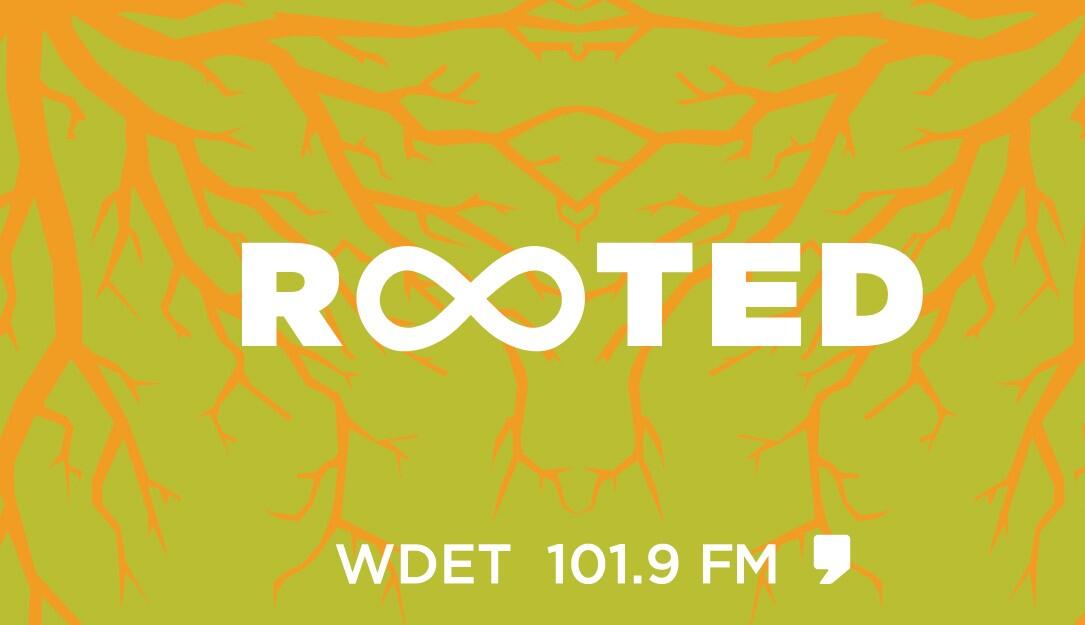 In February 2021, Americana awarded a grant to support the launch of a new series on WDET titled “Rooted.” WDET launched the series in large part due to the realization over the past year that everything is much more connected than we might believe. The series will consist of stories hosted by WDET’s Annamarie Sysling and inspired by the land tenders and community healers in Detroit -- the ancestral land of the Indigenous Anishinaabe -- to highlight the work being done to help reconnect the people who live here with the land that holds and supports all of us.
In February 2021, Americana awarded a grant to support the launch of a new series on WDET titled “Rooted.” WDET launched the series in large part due to the realization over the past year that everything is much more connected than we might believe. The series will consist of stories hosted by WDET’s Annamarie Sysling and inspired by the land tenders and community healers in Detroit -- the ancestral land of the Indigenous Anishinaabe -- to highlight the work being done to help reconnect the people who live here with the land that holds and supports all of us.
Through expansive conversation and reimagining, Rooted explores the stories of Detroit-based grassroots organizations and individuals who are cultivating authentic reconnection to the land through modalities rooted in radical reciprocity, deep living and collective liberation.
In the first piece, Sysling talks with Dazmonique Carr, founder of Deeply Rooted Produce. Founded in 2017, Deeply Rooted Produce is a mobile grocery store working to increase its production of Detroit-grown produce on several lots throughout the city. The organization also hosts community gatherings and volunteer opportunities. Carr's mantra, "There is more to my story," reminds her that her work is not just about growing food, but also is aimed to address systemic inequities that are baked in to the food system as a whole. Carr explains that for her, “growing food is a revolutionary act that we must do so that we can connect with our ancestors, not just the ancestors that were enslaved but the ancestors that we don’t even know about… it’s a healing process.”
In the second episode, Tlingit urban farmer, seed keeper and cultural food worker Kirsten Kirby Shoote talks about how their work in Highland Park is tied to their vision of creating an Indigenous food access point and more visibility for urban Natives. They also tell Sysling about the importance of considering spiritual nourishment when eating foods tied to our ancestry. “For me as an Indigenous woman, seeds are my grandmother in a lot of ways and my grandchildren in other ways. These seeds have been though tremendous amounts of trauma and the other side is that they hold so much resilience in them,” says Shoote.
As the monthly series continues to unfold, the work of other individuals and organizations engaged in food, environmental and social justice work will emerge. The goal of Rooted is to not only highlight this work, but also to inspire and encourage others to support these efforts and imagine new ways to approach and engage with the land right outside their front door.
